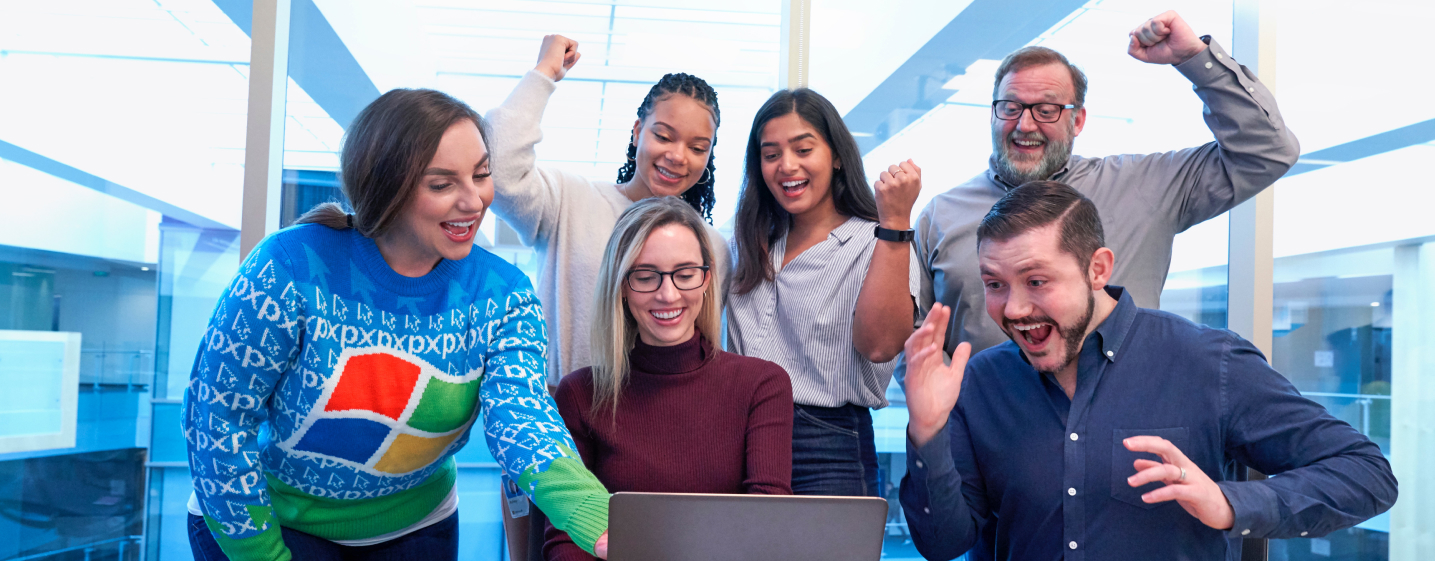Marna used to think of herself as a team player. She was the one who brought balloons and cake to the office for everyone’s birthdays. She used to make a point to walk around and say hi to every member of the team at least once a day. She was the first to contribute in brainstorming exercises, and often the last to leave the office at night.
Then one day, she was told to stay home. “Work From Home,” they called it. Suddenly remote work was not an exception to the rule, it was the rule. She received an email telling her that if it wasn’t necessary to come to the office, she shouldn’t. Instead, she should work from home.
This was a dramatic change for Marna, who was used to shaking hands with her colleagues every day, setting the bar for energy and enthusiasm in the office, and caring for the social environment of her colleagues. Now she was alone, in an empty apartment, struggling to remain connected and engaged.
There are only so many Zoom calls you can take in a day before the frustration of never being able to make direct eye contact start to wear on you. And pyjamas are so comfortable, and Netflix so accessible, and the refrigerator so close-by. It wasn’t long before Marna’s quality of work started slipping. Instead of charging through her work, she started “getting through the day.”
Months later she was allowed back to the office, only to find that on a day to day basis, dozens of her colleagues were missing due to “close contact” and quarantine restrictions. The office she was so looking forward to returning to had become a ghost town. And since half of the staff was gone, the meetings were still online. And that meant there was still no eye contact. The isolation she felt at home was bad enough. Now, she felt it at the office as well.
It’s a sad fact that the flexibility that comes with remote work is often accompanied by social isolation and disengagement. Many of my clients are struggling with change fatigue and digital burnout among their staff, and they’ve been sharing stories with me about how historically high performers like Marna are finding it hard to remain engaged in the new norm. If that describes you or your team… here are three tips for improving employee engagement during a global pandemic.
Flexibility: Encourage your staff that are working remotely to work during times that are conducive for them. With the exception of meetings that they should attend, employees will work better if they can work at their own high functioning times. Some people function better at night, others in the morning. Having that flexibility can help employees stay engaged.
Mental Health Checks: Employees won’t tell you if they’re struggling with loneliness, depression, or isolation, so you’ll need to ask. Remember, they’re humans not resources, so they’ll have hard times, and the isolation of an empty apartment and remote work can be mentally draining for people. Humans are social creatures, so make sure to ask about your teammates’ emotional support structure and mental wellbeing.
Over-Communicate: Without the breakroom chitchat and the water-cooler gossip, remote workers are missing out on a lot of the informal information sharing that usually goes on at work. So even though we are still receiving emails and making calls, we might not realise that the general quality and volume of information goes down considerably when we’re not in the office. As a rule of thumb, you should be checking in on everyone every day, and meeting on video chat at least twice a week.
These quick tips will help employees remain engaged while working from home. Humans haven’t evolved to live and work in isolation from each other. So managers and leaders need to work extra hard to keep remote workers engaged and bonded with their teammates. If you are struggling with managing remote teammates, consider checking out my course
Managing Remote Teams here:
https://learn.drcorrieblock.com/courses/managing-remote-teams
If you are struggling with your own mental health during a time of quarantine or remote working, remember that what you’re feeling is very human. Reach out to a mental health professional, or send me a message and I’ll try to help.





